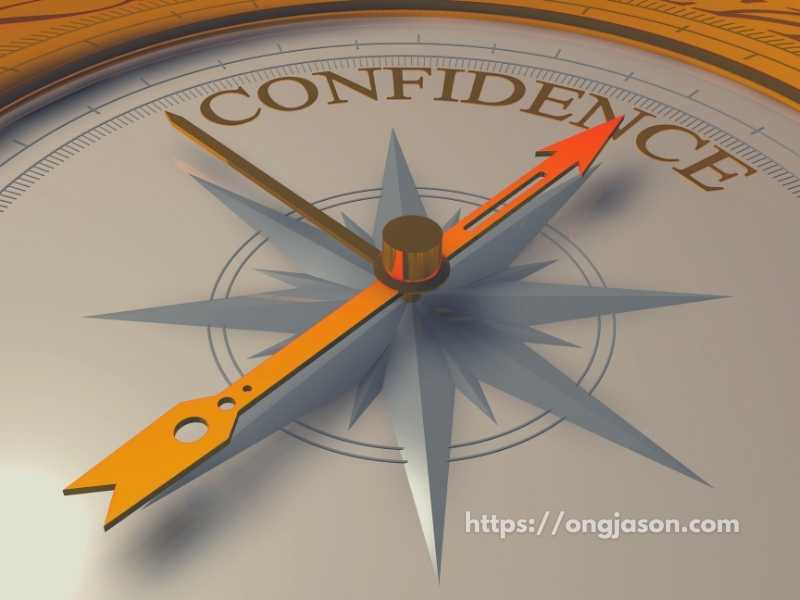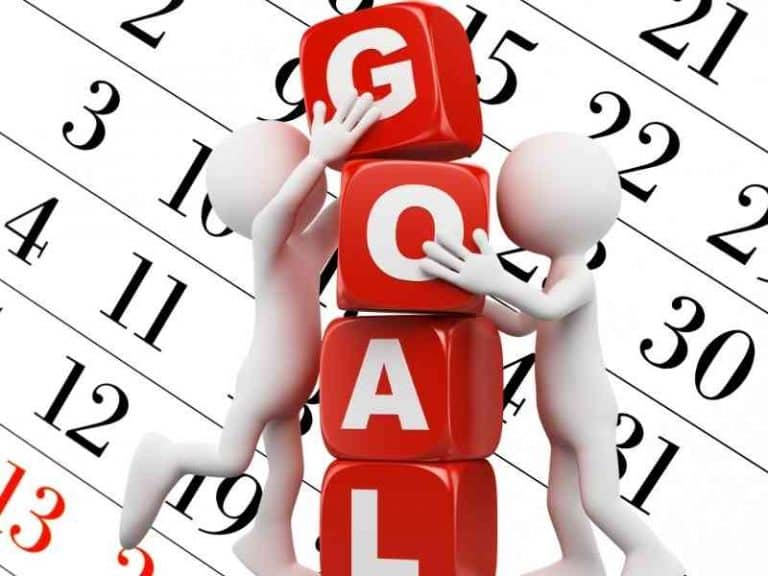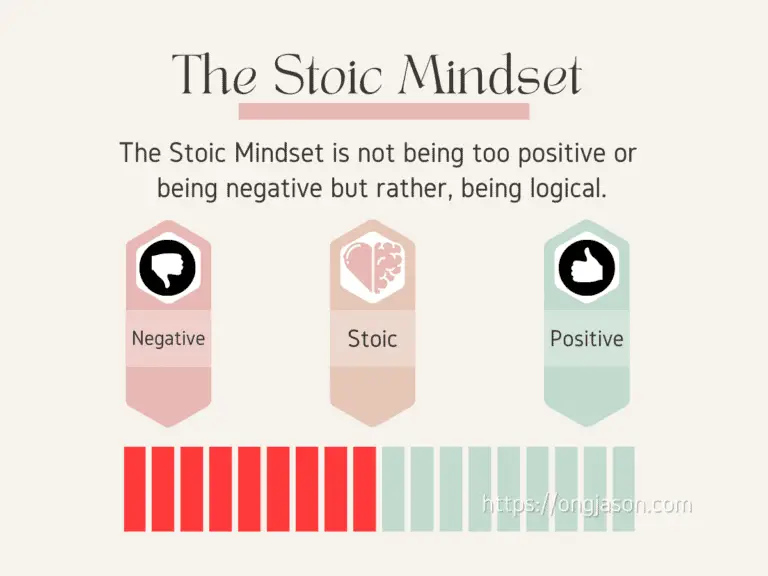Confidence: Is it A Character Trait or A Skill?
The question of confidence as a character trait or a skill has been around for quite some time. While some believe that confidence is a character trait thanks to its relationship with emotions, some believe confidence is a skill. People can make numerous points with each of these, but which is the truth?
Confidence is a character trait simply because it is in line with a personality. Some people are born with confidence, and confidence is also correlated with emotions which is related to our character. However, while confidence sits close to a character trait, there are also things that point to its relationship to skills.
In this blog post, we are going to talk about confidence as a character trait. We will see the point people make on why they see it as a person’s characteristic. Furthermore, we are going to talk about why others consider confidence as a skill.

Is self confidence a character trait?
Self-confidence is a character trait because it is in line with our character. Confidence is our trust within ourselves. It is the foundation of our belief within our abilities. We have our level of belief within ourselves, which is the cause of confidence. However, we can also develop more confidence with practice and skill.
To start, we need to understand that self-confidence is in line with our traits.
That is why most correlate self-confidence as a character trait.
The truth is, the answer is not as simple as it seems.
While self-confidence is a character trait, it can also be a skill.
We will talk about this later but for now, let’s talk about confidence or high self-esteem as a character trait.
The amount of confidence varies from person to person. For example, if you offer someone to do something they can’t, some will tell you directly that they aren’t confident to do the task.
However, other people might accept your offer and see it as a challenge.
If you check this out, it seems different people have different amounts of challenges they can accept. If it looks too high for them, they might give up, which is a sign of a loss of confidence.
The tolerance we have for these challenges is in our traits. It is our character trait and why people attribute confidence to personal characteristics.
These characteristics happen due to our environment, especially in the environment where you’ve grown up.
If you’re born with a highly competitive family, and then you were surrounded by competitive and confident people, you would develop confidence through adulthood.
Furthermore, if you are bullied in school like me, then you might have low confidence.
If you’re filled with achievements when you’re young, then you might have a lot of confidence. While if you’ve consistently failed, then you might have none.
You see, these experiences build our traits which ultimately help us make our confidence.
So, if you’re filled with success, you are more confident to handle larger tasks than you, for the simple reason that you know from experience that you can succeed.
Compare that to someone who experienced failure. Then they might have a low tolerance to these challenges leading to a lack of confidence.
But as you can see, you can attain confidence through experience and sheer effort, which is also my experience when I was building my confidence.
For that, let’s now talk about confidence as a skill.
Is confidence a skill or trait?
Confidence is both a skill and a trait. While people can be confident because of their personality, there are also others who built their confidence through sheer efforts and willpower. Thus, confidence is a combination of both skills we learned and traits we developed.
Let’s now talk about confidence and its relationship to emotion. After that, we will relate it with skills.
The best way to explain this is by giving an example.
For example, you’re in a basketball match with somebody who seems weak. Then in the game, you found out that this guy was really good, and you started to lose.
At the start, since the man you’re up against looks weak, you might be highly confident of your abilities and believe you can win.
However, after finding out how good your opponent is, you start to lose hope in just a few seconds.
You see, confidence, like emotions, change often. There might be days where you feel incredibly confident, and there might be days where you aren’t.
This relationship between confidence and emotion makes it a character trait. Emotions such as being happy, sad, disappointed, and so on are related to our characteristics and personality.
Right now, we are going to talk about confidence as a skill.
What if, in the scenario, you’ve practiced harder after losing. In just a few days, you become a better player. Then one day, you tried to play again and won.
Because of your practice, you became better, and because you become better, your confidence increases.

Think of skills as the ones that support your confidence.
The more you practice, the more skillful you get and the more confident you become.
The thing here is that while confidence is very closely related to our traits, having unshaken confidence happens when we have skills.
So, we can build our confidence through skills.
When I first made my YouTube channel, I had zero confidence in my abilities. I have no skill in speaking on a camera or editing videos.
However, the skills I’ve built helped me carry on despite not being confident.
When I started this website, I had no idea how to create websites or write blog posts. Right now, here you are reading this blog post, and as of this writing, I have made close to 180 posts on this website alone.
Simply speaking, the more skills you get, the more confident you’ll be.
That’s why you’ll see people bragging about their experience in their field when talking about their expertise.
For example, a doctor might say that they have 20 years of medical experience which they’re proud of. Or a chef was saying that they have been a chef for 15 years, so they know what they’re doing.
The confidence you get from experience and skills is unshakeable.
And the more skills you get, the more wins you get. The more wins you get, the more confidence you’ll build.
That’s why even if confidence is tied with our personality, the truth is, we can change our character.
If we have low confidence, we can build it through time.
Remember that people who have confidence as their trait also built it because of their environment.
Research published in the Journal of Applied Sport Psychology found that athletes who did mental training found greater confidence. [1]
If simple mental training can build confidence, imagine how much an actual training does to a person’s confidence.
That’s why you have to remember that while confidence is a trait, you can also gain it through skills.
There are always ways for you to be more confident.
What’s next? How about learning how does it feel to be confident? This is an excellent way to have a glimpse of what confidence feels like. You can find my article talking about that here: What does confidence feel like?

“Only the things I love.“
ongjason.com is reader-supported. When you buy through links on the site, I earn an affiliate commission.
If you’re following me, you’ll know that I believe it is essential to have some tools, whether it’s for personal development or lifestyle in general.
So, here are the things I love.
YouTube
If you want to learn things for free, I recommend watching my YouTube Channel. Click the Button Below to go straight into my Channel. 🙂
Okay, let me first explain my Channel.
I believe that I really can’t explain everything too well on my blog. That’s why I created a YouTube Channel so I can easily explain a lot of things. Plus, I believe that Video Sharing is the future.
Recommended Books
The next thing is books. Books are, for me, one of the cheapest ways to get invaluable information. We can learn personal development, finance, career, relationships, and many more from books.
Here, I will be listing my favorite books in different categories.
- For Beginners – 7 Habits of Highly Effective People by Stephen Covey – Personal development has a lot of concepts and ideas to learn. Thus it can be really hard for beginners to know where to start. Thus, I recommend this book since all the basic concepts of personal development are here(except finance, check what I recommended for that)
- Productivity – The One Thing by Gary Keller – This book teaches us the power of focusing on one thing which is the ultimate source of productivity. The concepts taught are what I am using to constantly publish YouTube videos while maintaining this website.
- Busy? – Make Time by Jack Knapp – This book teaches us how to make time for the things we love. The concept is really simple but I think that makes it a book worth reading.
- Health – Lifespan by Dr.Sinclair – This Book teaches about the latest scientific research on lifespan. In his book, he has shared numerous things he is doing to slow down his aging process. This can be as easy as eating less which he recommends.
- Finance – The Richest Man in Babylon by George Clason – Perhaps one of the first books I’ve read about Finance, this book for me is the best if we are talking about learning basic finance such as basic saving and investing. The concepts are very simple but effective.
Audiobooks
Take this advice as a grain of salt.
I don’t recommend buying Audiobooks one by one. I mean, audiobooks can be quickly finished by listening while working out or doing some mindless tasks.
So here is to save you some money. Just go for a monthly subscription to Audible. I believe that you will save a lot of money with that plus, they usually give freebies to anyone starting.
My Audiobook Recommendation will always be the same as my book recommendations, but I personally like The 5 Second Rule by Mel Robbins. I like how she is so casual while reading her book.
Source:
- MAMASSIS, GEORGE, and GEORGE DOGANIS. “The Effects of a Mental Training Program on Juniors Pre-Competitive Anxiety, Self-Confidence, and Tennis Performance.” Journal of Applied Sport Psychology, vol. 16, no. 2, 2004, pp. 118–37. Crossref, doi:10.1080/10413200490437903.






